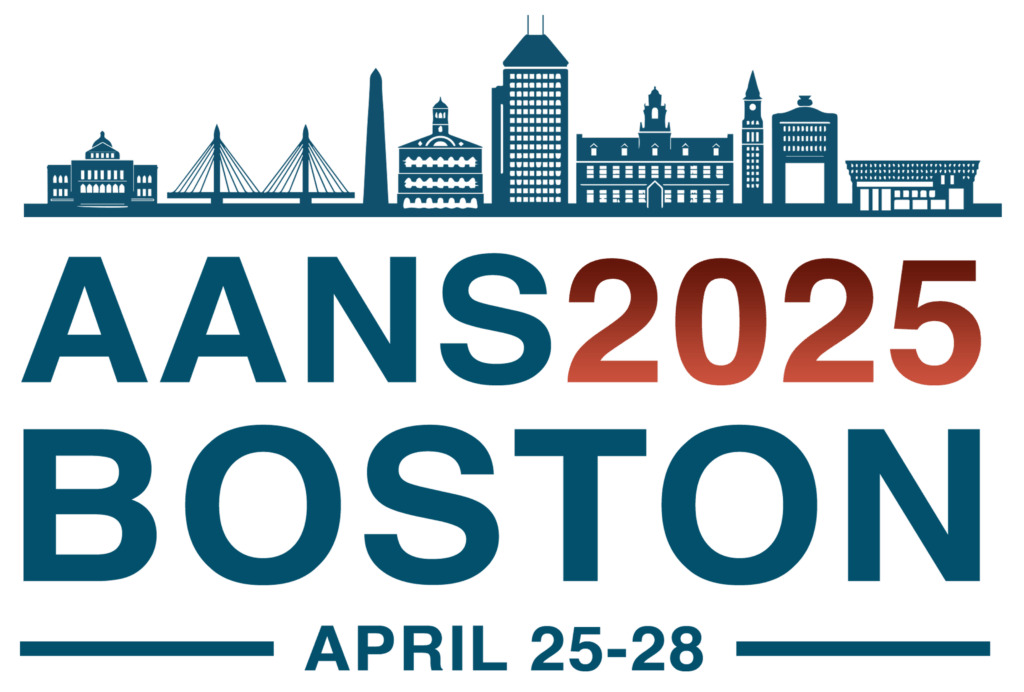Practical Clinics
Elevate your meeting experience by adding Practical Clinics to your registration. These in-depth sessions offer focused content to provide you with specialized skills and best practices.
Practical Clinics are available as add-ons in the 2024 American Association of Neurological Surgeons (AANS) Annual Scientific Meeting registration platform.
Comprehensive World Brain Mapping
Friday, May 3, 2024 | 7:30 am-3 pm
This expert-led practical clinic presents the advances in contemporary preoperative and intraoperative brain mapping applications in brain tumor and functional neurosurgery. International expert faculty will demonstrate and compare techniques through illustrative case examples. A facilitator will discuss complex cases while engaging the audience through polling and encouraged participation throughout the clinic.
Learning Objectives:
- Describe both the anatomic and functional anatomy of eloquent cortex
- Explain the indications for brain mapping in neurosurgery
- List the potential pitfalls in sensitivity and specificity in each brain mapping technique
- Recognize areas of developing research in brain mapping techniques and technology
Course Directors: Mitchel Berger, MD, FAANS, FACS, Richard Byrne, MD, FAANS, and Hugues Duffau, MD
Agenda:
7:30-7:36 am | Welcome and Introduction | Mitchel S. Berger, MD – Rush University Medical Center
7:37-7:57 am | Motor and Speech White Matter Anatomy, Roberto Rubio, MD – University of California, San Francisco
7:58-8:18 am | Contemporary Model of Language Organization, Edward Chang, MD – University of California-San Francisco
8:19-8:39 am | fMRI Mapping for Speech and Sensorimotor Function, Alexandra J. Golby, MD, FAANS – Harvard Medical School Brigham and Women’s Hospital
8:40-9:00 am | CTDTI Subcortical Mapping | Marco Catani, MD, PhD – IRCCS Synlab SDN
9:01-9:21 am | Connectome and Neuroplasticity Revealed by Intraoperative Mapping | Hugues Duffau, MD, PhD – Montpellier University Medical Center
9:22-9:37 am | Anesthetic Considerations of Intraoperative Brain Mapping | Chanhung Lee, MD, PhD – University of California, San Francisco
9:38-9:48 am | Overview of Cortical Mapping Equipment | Richard W. Byrne, MD, FAANS – Rush University Medical Center
9:49-9:59 am | Setting Up a Brain Mapping Program | Emmanuel Mandonnet, MD, PhD – Lariboisière Hospital
10:16-10:29 am | Cortical Stimulation Mapping: How I Do It | Mitchel S. Berger, MD – UCSF
10:30-10:43 am | Cortical Stimulation Mapping: How I Do It | Hugues Duffau, MD, PhD – Montpellier University Medical Center
10:44-10:57 am | Cortical Stimulation Mapping: How I Do It | Lorenzo Bello, MD – Università degli Studi di Milano
10:58-11:11 am | Cortical Stimulation Mapping: How I Do It | Jinsong Wu, MD, PhD – Huashan Hospital, Fudan University
11:12-11:25 am | Cortical Stimulation Mapping: How I Do It | Toshihiro Kumabe, MD, PhD – Kitasato University School of Medicine
11:26-11:39 am | Cortical Stimulation Mapping: How I Do It | Guy M. McKhann, MD – Columbia University
11:40-11:53 am | Cortical Stimulation Mapping: How I Do It
12:05-2:49 pm | Panel Discussions | Gerald Grant, MD – Duke University and Guy M. McKhann, MD – Columbia University
12:05-12:30 pm | Expert Panel Discussion: Technical Aspects of Cortical Stimulation Mapping and Testing Paradigms
12:31-12:56 pm | Expert Panel Discussion: Troubleshooting Intra-Operative Patient and Tumor Related Problems
12:57-1:22 pm | Expert Panel Discussion: Troubleshooting Intra-Operative and Early Post-Operative Deficits
1:39-2:49 pm | Expert Panel Discussion: Regional Specific Mapping Cases (Insular, SMA, Cingulate, Mesial Temporal), Standard and Invited Cases with Audience
2:50-3:00 pm | Wrap Up and Evaluations | Mitchel S. Berger, MD – UCSF
How to Apply to Residency: Skills and Practice
Friday, May 3, 2024 | 8-11:30 am
This clinic is aimed to assist medical students interested in applying to a neurosurgical residency program. Facilitators present the essentials in the application process and discuss specific attributes that program directors, residents and faculty associate with a successful neurosurgery resident. The topics include research as a medical student, taking time off, foreign applicants, women applicants, neurosurgery mentorship and shadowing. Panels of both successful neurosurgery residents and neurosurgical department leaders (chairs, program directors) present their “do’s & don’ts” for sub-internships, interviews and their optimal residency candidates. A comprehensive review of resources available to assist medical students in the application process and during residency will be shared.
Learning Objectives:
- Recognize key attributes for success in a neurosurgical residency applicant
- Prepare for the neurosurgical application process from the written application to the interview
- Discuss a variety of medical student paths for applying to neurosurgery (including research years, foreign medical students, women in neurosurgery)
- Identify the available resources of the AANS to assist medical students, including mentorship and ways to get involved with the organization
Course Directors: David Lee Dornbos, III, MD, and Michael McDowell, MD

Minimally Invasive Approaches: Cranial Neurosurgery Skills
Friday, May 3, 2024 | 8-11:30 am
SOLD OUT
This practical clinic takes a deep dive into minimally-invasive endoscopic procedures specializing in intracranial and skull base surgery, covering both pediatric and adult techniques. Designed to offer participants with a fully-immersive experience with a predominant emphasis on hands-on learning to familiarize several models, this clinic covers skull drilling to intricate ventricular system operations using endoscopes. Detailed features of the clinic include:
Endoscopic drilling of the skull and the skull base
- Exploring the ventricular system and the skull base using endoscopes
- Techniques for skull base defect repairs
- Hands-on experience with pediatric brain and skull base models
- Training in controlling carotid artery blowouts
- Utilizing the obstructive hydrocephalus/pineal tumor model to understand ventricular anatomy
- Practicing endoscopic third ventriculostomy and pineal tumor biopsy with endoscopy
- Hands-on practice with rigid endoscopy and flexible endoscopy
Learning Objectives:
- Gain insight into the indications, challenges and restricted accesses in minimally-invasive endoscopic methods, especially in pediatric intraventricular surgery and skull base surgery
- Master the techniques of controlling an ICA rupture through endoscopic endonasal procedures
- Develop proficiency in endoscopic endonasal reconstruction and skull base repairs
- Gain experience with endoscopic intraventricular surgical procedures
- Recognize the differences and subtleties between rigid and flexible ventricular endoscopy
Course Directors: Sandi K. Lam, MD, MBA, FAANS, and Daniel Prevedello, MD
Minimally Invasive Spinal Surgery: Comprehensive and Practical Review of Contemporary Approaches and Techniques
Friday, May 3, 2024 | 1 – 4:30 pm
SOLD OUT
This practical clinic is devoted to exploring MIS treatment options for a variety of conditions ranging from tumors to deformity, as well as degenerative pathologies. For many conditions, various MIS approaches are equally efficacious. However, certain spinal pathologies are more amenable to specific MIS techniques are showcased in this clinic. Highly experienced MIS surgeons will lead case-based interactive presentations between the faculty and the audience.
Learning Objectives:
- Recognize various MIS strategies and techniques for treating trauma, metastasis and deformity
- Explore the indications, benefits and disadvantages of multiple MIS techniques
- Describe spinal pathologies that are amenable to specific MIS techniques
Course Directors: Paul Park, MD, FAANS. Luis Tumialan, MD, FAANS, and Juan Uribe, MD, FAANS
Craniotomy Psychomotor Skills
Friday, May 3, 2024 | 1 – 4:30 pm
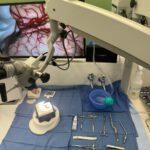
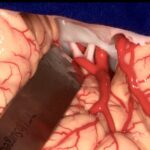 Contemporary learning utilizing physical simulators, which represent advanced, life-like training technology can lead to improvements in psychomotor skills of neurosurgeons who perform essential cranial approaches. Through hands-on learning, direct teaching and guidance by luminary neurosurgical faculty, course participants will be able to gain experience and knowledge regarding pterional cranial access approaches.
Contemporary learning utilizing physical simulators, which represent advanced, life-like training technology can lead to improvements in psychomotor skills of neurosurgeons who perform essential cranial approaches. Through hands-on learning, direct teaching and guidance by luminary neurosurgical faculty, course participants will be able to gain experience and knowledge regarding pterional cranial access approaches.
This 30-minute session offers participants the chance to apply the pterional approach on hyper-realistic surgical simulations featuring tissue bleeding, intricate layers, and life-like physics.
Each participant will be assigned a 30-minute time block between 1 and 4:30 pm. Additionally, each participant will receive access to an operative case video from Neurosurgical Atlas and a comprehensive guide to the pterional approach by UpSurgeon.
Learning Objectives:
- Apply the Pterional neurosurgical approach
- Detail the standard indications (tumor, vascular, functional, etc.) for the pterional neurosurgical approach
- Detail the common complications that can occur during the pterional approach and ways to mitigate against these complications
Course Directors: Jason Sheehan, MD, PhD, FAANS, FACS, and Alfredo Quinones-Hinojosa, MD, FAANS, FACS
